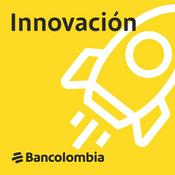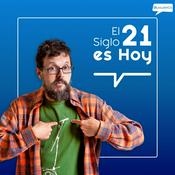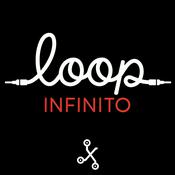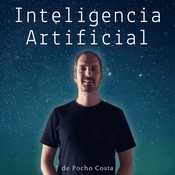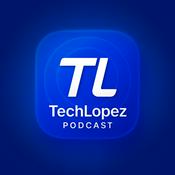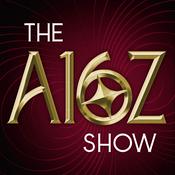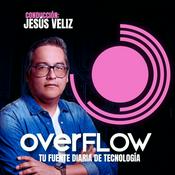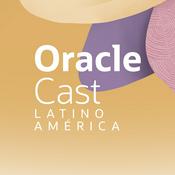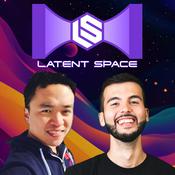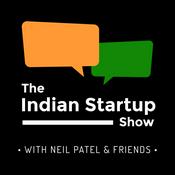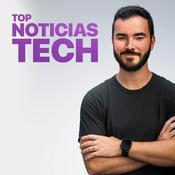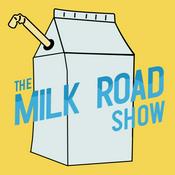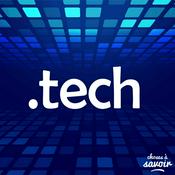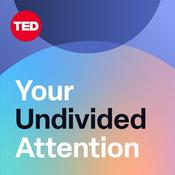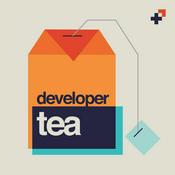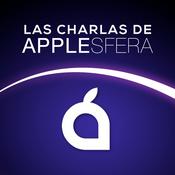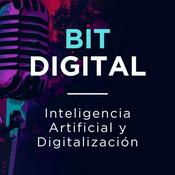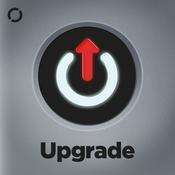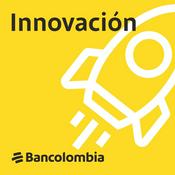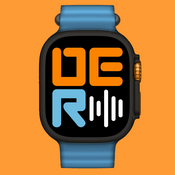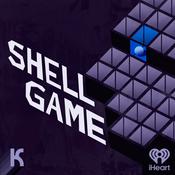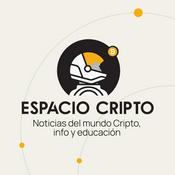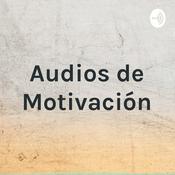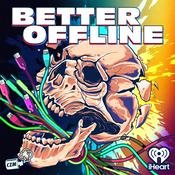143 episodios

Why I changed my mind about down migrations
04/1/2026 | 16 min
Have you ever built a strong case for something, only to realize later you were solving the wrong problem?In the latest episode of the No Compromises podcast, we discuss Aaron's surprising reversal on down migrations, a topic we've publicly discussed on this podcast.We walk through the original arguments for writing down migrations and deconstruct each one.(00:00) - The original case for down migrations (03:45) - Aaron changes his stance (05:15) - Why seeders beat rollbacks for local dev (10:30) - Rethinking the production rollback scenario (14:45) - Silly bit Keep your knowledge fresh, check out Mastering Laravel.

Why senior developers feel wrong more often
20/12/2025 | 10 min
Ever catch yourself second-guessing decisions you were confident about just months ago? Does that mean you're getting worse at your job?In the latest episode of the No Compromises podcast, we explore why senior developers often feel "wrong" more frequently than they did earlier in their careers.Aaron makes the case that this isn't a sign of declining skill—it's evidence of a richer mental model that reveals nuance where things once seemed black and white.We discuss how feedback sources shift with experience, why changing your mind signals growth rather than failure, and how to reframe architectural decisions as a spectrum rather than binary choices.(00:00) - Feeling wrong more often as a senior dev (01:45) - Knowledge plateaus and how growth resets them (04:45) - How feedback sources change with experience (07:00) - Binary thinking versus nuanced decision-making (09:15) - Silly bit Want two Laravel experts to review your code?

Should you ever hand-format code?
06/12/2025 | 7 min
Ever feel like you're wasting your time tweaking a section of code to get it just right? We have tools for that, don't we? In the latest episode of the No Compromises podcast, we discuss when to trust auto-formatters and when to nudge code by hand. Aaron makes the case that a few mindful minutes of “prettying up” can unblock harder thinking, without surrendering judgment to tools. We set limits on this approach, share a tiered break strategy, and make it clear why you still own what the formatter changes.(00:00) - Auto-formatters vs subjective style choices (01:15) - Edge cases tools miss and human tweaks (03:15) - Using light formatting to unlock hard problems (05:15) - A tiered break strategy for focus (07:00) - Silly bit Want two Laravel experts to review your code?

Discussing different ways to model data
22/11/2025 | 11 min
It's easy to overcomplicate data modeling, especially when enums, relationships, and future requirements are in play. In the latest episode of the No Compromises podcast, Joel brings Aaron a real-world technical dilemma: how to model a relationship between two models when types are stored as enums, not models. We discuss the pros and cons of pivot tables versus JSON columns, the importance of context before jumping to solutions, and how developer instincts can sometimes get in the way of clarity.(00:00) - Setting up the technical problem (02:00) - Pivot tables vs JSON columns (05:15) - Filtering and validation considerations (07:15) - Deciding on the best approach (09:50) - Silly bit Would you like us to review your code or application architecture?

Read outside tech to expand your horizons
08/11/2025 | 9 min
It's easy to get so laser-focused on programming and tech, that you close yourself off to other avenues of learning.In the latest episode of the No Compromises podcast, Aaron argues that non-tech reading can sharpen your engineering thinking.We discuss balancing breadth without diluting focus, and how to turn casual reading into active learning with quick capture habits.(00:00) - An example from a book on business (03:30) - Don’t go too broad (05:15) - Practice active learning (07:15) - Read something different (07:30) - Silly bit You should still read our Laravel books though.
Más podcasts de Tecnología
Podcasts a la moda de Tecnología
Acerca de No Compromises
Escucha No Compromises, Platzi Podcast y muchos más podcasts de todo el mundo con la aplicación de radio.net
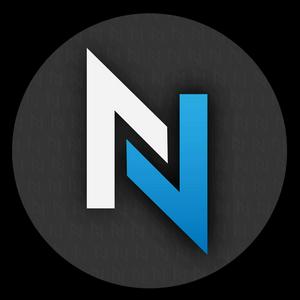
Descarga la app gratuita: radio.net
- Añadir radios y podcasts a favoritos
- Transmisión por Wi-Fi y Bluetooth
- Carplay & Android Auto compatible
- Muchas otras funciones de la app
Descarga la app gratuita: radio.net
- Añadir radios y podcasts a favoritos
- Transmisión por Wi-Fi y Bluetooth
- Carplay & Android Auto compatible
- Muchas otras funciones de la app


No Compromises
Descarga la app,
Escucha.


